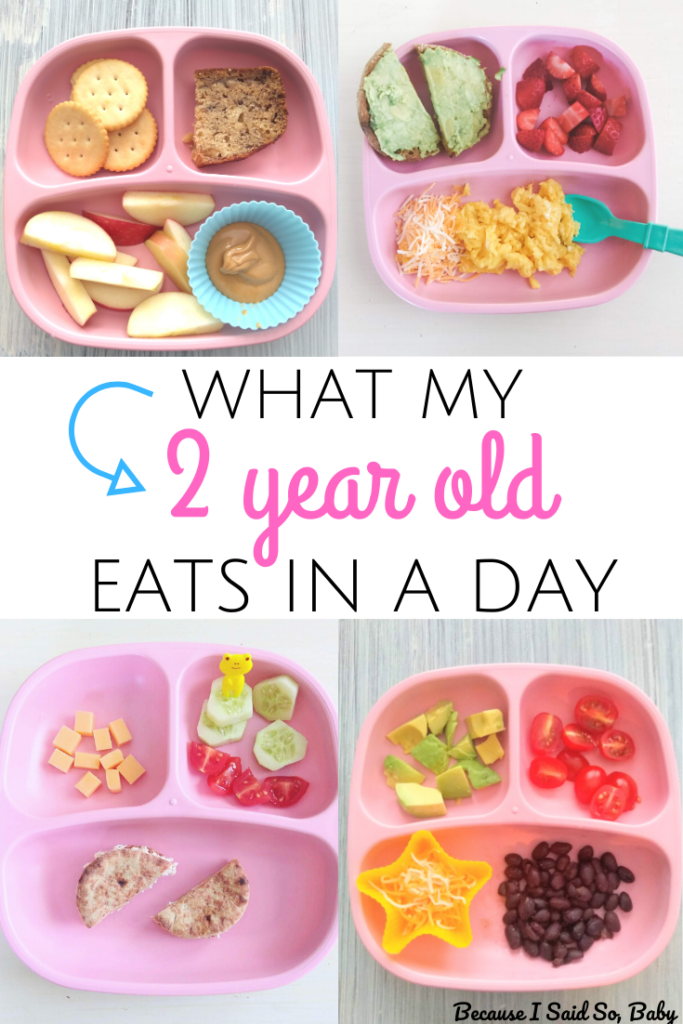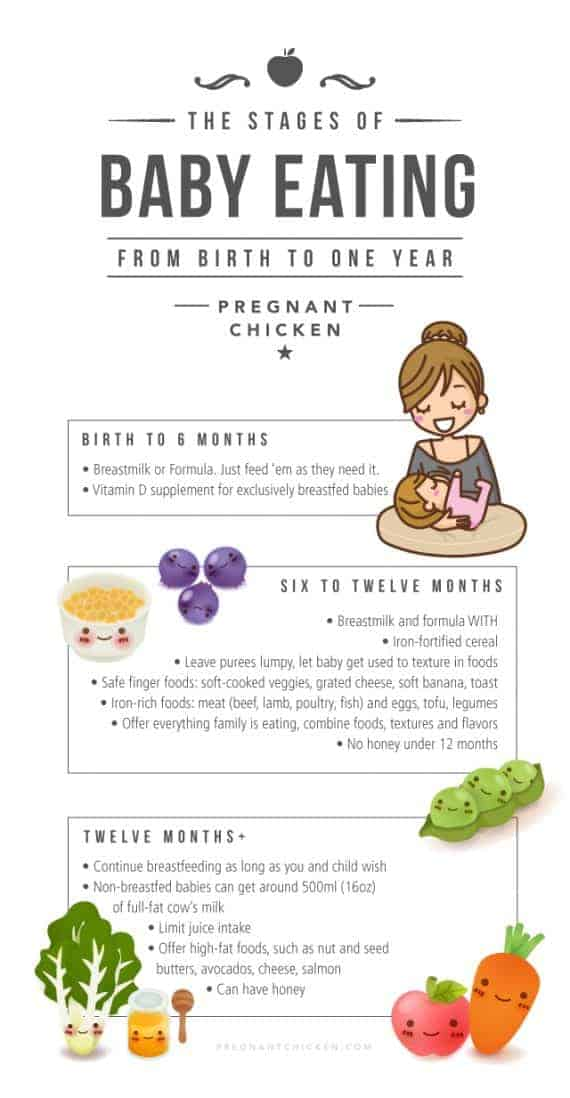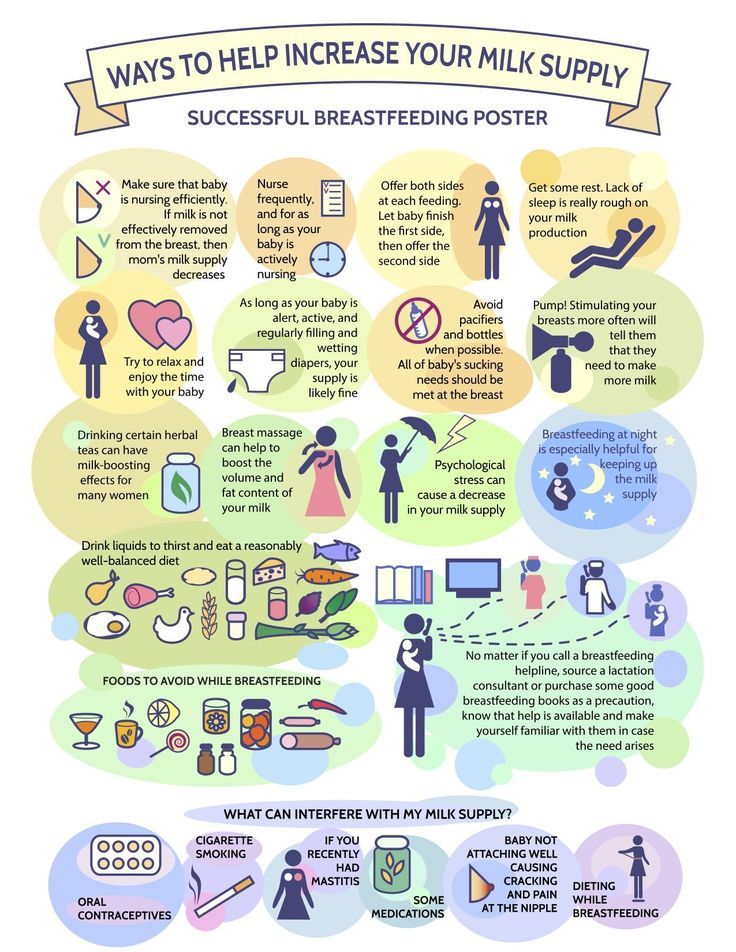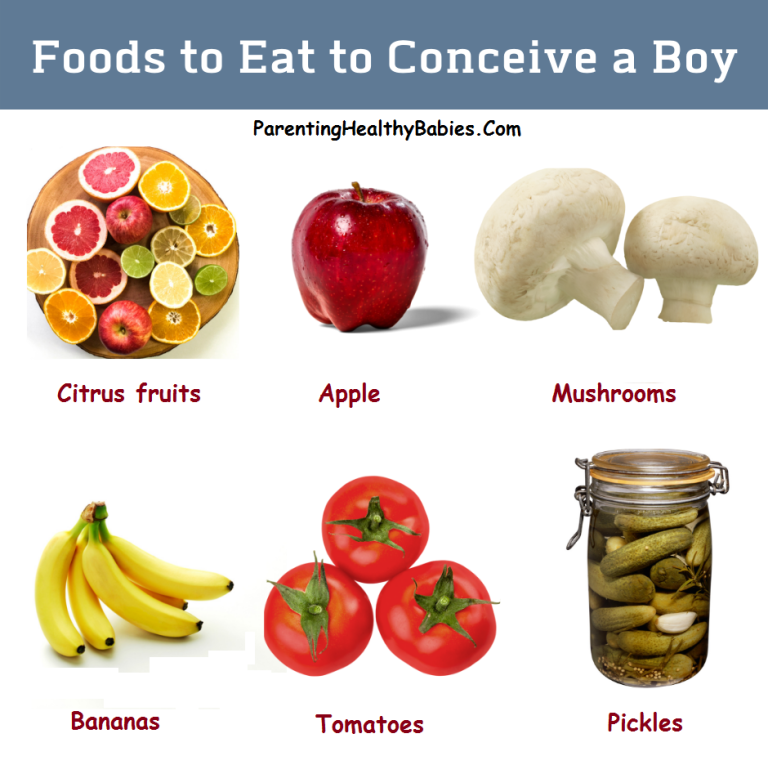Babies not feeding well
Causes, Emergency Care, and Treatments
“Poor feeding in infants” is a term used to describe an infant with little interest in feeding. It can also refer to an infant who is not feeding enough to receive the necessary nutrition required for adequate growth.
Poor growth associated with lack of feeding can lead to a separate condition called failure to thrive.
Poor feeding is caused by a variety of factors. It differs from picky eating, in which a baby may reject one form of milk for another or a toddler may refuse certain foods.
No matter the precise cause of poor feeding, undernutrition is a top concern. In fact, the World Health Organization (WHO) estimates that 45 percent of child deaths are related to undernutrition.
It is important not to dismiss poor feeding as something that will improve over time. This is a critical point in your child’s life, and missing key nutrients can lead to physical and cognitive concerns.
One of the most common causes of poor feeding is premature birth. Premature babies are typically poor feeders because they often have not yet developed the skills needed to suck and swallow milk.
Still, feeding usually increases as baby grows. If your little one was born prematurely and still has feeding trouble after leaving the hospital, it’s important to continue following up closely with your pediatrician, particularly if feeding concerns worsen or do not improve.
Other causes include congenital conditions such as jaundice and infections such as viral gastroenteritis. Once these conditions are treated, poor feeding usually subsides.
Serious conditions
Poor feeding can also be caused by serious conditions, such as Beckwith-Wiedemann syndrome. This is an overgrowth syndrome that causes infants to be particularly large and grow at a considerably fast pace. It affects an estimated 1 in 13,700 newborns worldwide.
Other serious conditions include:
- congenital hypothyroidism, which occurs when the thyroid fails to develop or function properly
- other genetic conditions, including Down syndrome
- hypoplastic left heart, a rare condition that occurs when the left side of the heart fails to develop properly and is unable to pump blood to the body
- other heart defects
Less serious conditions
Other causes of poor feeding aren’t related to a congenital condition at all. Temporary illnesses can make feeding uncomfortable (and even painful) for infants.
Temporary illnesses can make feeding uncomfortable (and even painful) for infants.
Common ailments that get in the way of feeding include:
- diarrhea
- ear infections
- coughs and colds
- teething
When in doubt, it’s always best to double-check with a pediatrician. You don’t want to assume a minor illness when in fact there could be a serious underlying condition.
Feeding difficulty is a serious matter. When accompanied by other symptoms, emergency care may be required. Seek immediate medical attention if your baby is showing any of the following signs:
- has a fever of over 100°F (37.8°C), an emergency in babies 3 months old and younger
- is vomiting after every feeding
- is vomiting blood
- has a cough with breathing difficulties
- is crying constantly
- has bloody stool
- is wheezing
- is becoming unresponsive to touch
Poor feeding that is caused by an infection will usually stop when the infection is resolved.
Treatment of poor feeding depends on the cause. This can involve changing the feeding schedule to consist of smaller, more frequent meals. If a milk-based intolerance is suspected, your doctor will work closely with you to find a formula and feeding plan that suits your baby.
While serious cases of poor feeding require prompt medical care, other causes can be resolved at home with the advice of a pediatrician.
If your baby is breastfeeding or chestfeeding, try to avoid:
- certain medications that can enter breast milk
- applying lotions and other skin products to your breasts
- high levels of stress — this may also make your milk taste differently
Other considerations may concern formula feeding as well as infants who have started solid foods.
Formula feeding
While breastfeeding is the method of feeding for infants recommended by health agencies such as WHO, it is a fact that not all babies are successful with this method — and not all nursing parents may want or be able to breastfeed.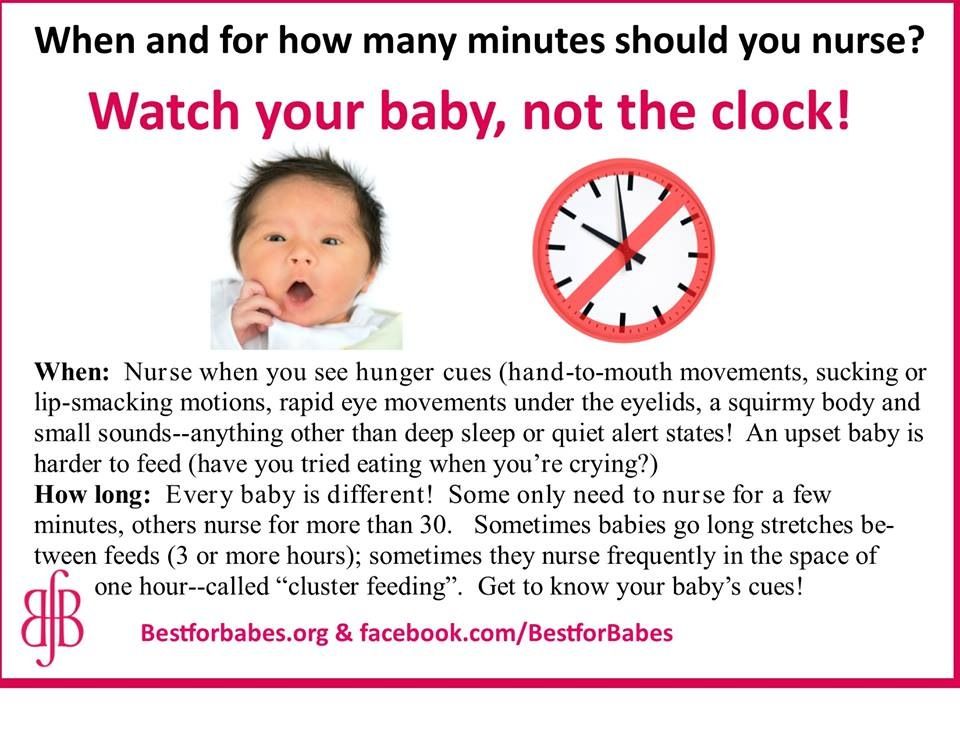
If your baby doesn’t seem to latch on despite repeated attempts, you may consider talking with your doctor about formula feeding. You may still be able to try breastfeeding or chestfeeding, even when supplementing with formula, if you’d like.
The key is that your baby gets adequate nutrition. A lactation consultant may be helpful, if available to you.
“Picky eating”
After baby reaches 6 months of age, your pediatrician may encourage you to introduce solids to their diet. While solids shouldn’t replace breast milk at this phase of your child’s life, most infants require additional nutrients around the 6-month mark.
Examples include:
- rice cereal
- pureed fruits and vegetables
- pureed or soft meats
Introducing solid foods can be exciting for both caregiver and child. However, some infants don’t take to solids as readily as other babies.
This can be alarming, but the issue may be solved by:
- mixing cereal with solid foods
- offering solids in small increments
- only giving solids two to three times per day
- starting with one food at a time, then introducing others as your baby gets used to solids
When an infant doesn’t like solids, it’s easy to jump to the conclusion that they are a “picky eater.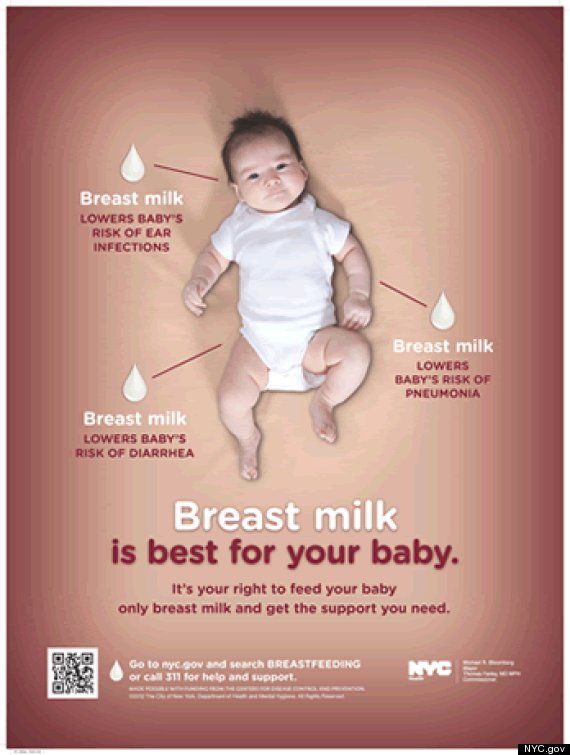 ” However, this phase doesn’t usually start until your baby becomes a toddler.
” However, this phase doesn’t usually start until your baby becomes a toddler.
Stress management
When your baby is eating poorly, it’s easy to get stressed out. This is especially true for new parents who may not yet know the distinctions between serious conditions and minor feeding concerns.
Remember that stress can worsen feeding concerns. It may interfere with attempts at feeding if your infant senses something is wrong.
Managing your stress won’t treat all causes of poor feeding, but it can help in many cases.
It’s difficult to find time for yourself during this busy stage of your life — even a few minutes a day can help. When you feel stress coming on during feedings, take a moment for some deep breathing.
Poor feeding in infants can lead to serious issues, such as malnutrition and stunted growth. It is essential that babies consume and digest the necessary nutrients to thrive and develop.
Any infant who is feeding poorly should be taken to a pediatrician for evaluation.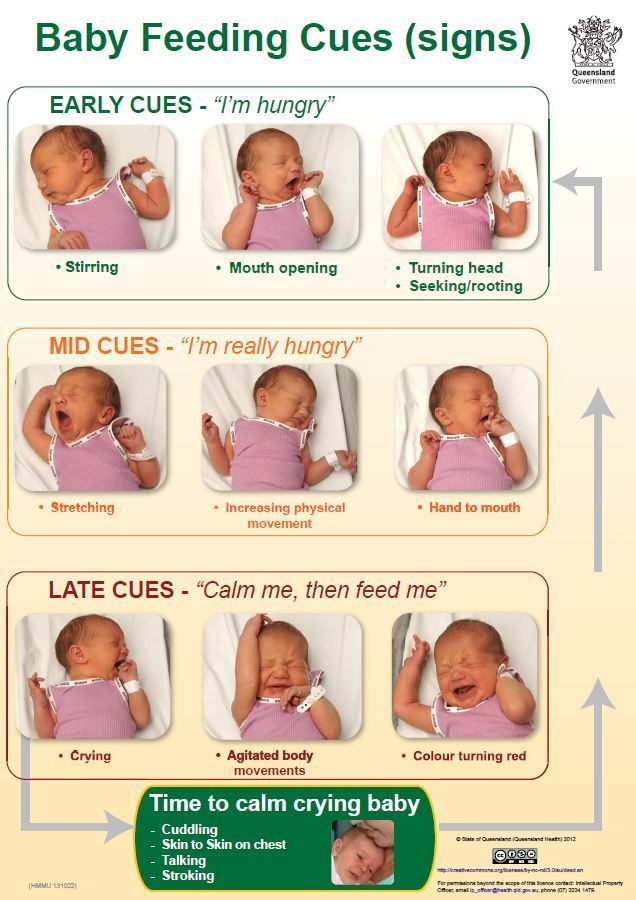 After a proper diagnosis, treatment may be necessary.
After a proper diagnosis, treatment may be necessary.
In other cases, poor feeding can be resolved through refined techniques and perseverance at home. If you suspect feeding difficulties may be causing other concerns, call a doctor right away.
Causes, Emergency Care, and Treatments
“Poor feeding in infants” is a term used to describe an infant with little interest in feeding. It can also refer to an infant who is not feeding enough to receive the necessary nutrition required for adequate growth.
Poor growth associated with lack of feeding can lead to a separate condition called failure to thrive.
Poor feeding is caused by a variety of factors. It differs from picky eating, in which a baby may reject one form of milk for another or a toddler may refuse certain foods.
No matter the precise cause of poor feeding, undernutrition is a top concern. In fact, the World Health Organization (WHO) estimates that 45 percent of child deaths are related to undernutrition.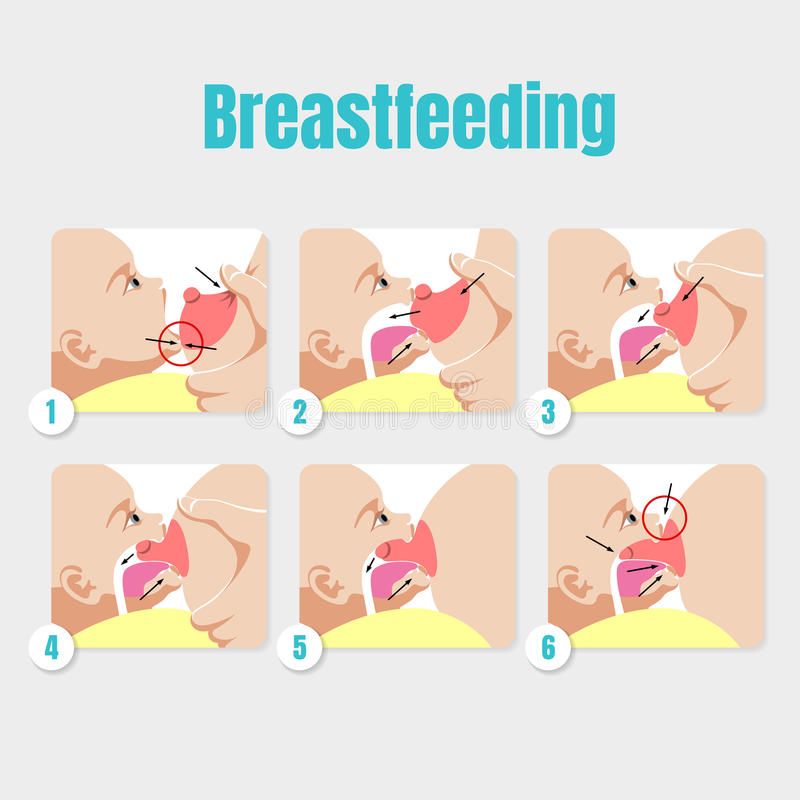
It is important not to dismiss poor feeding as something that will improve over time. This is a critical point in your child’s life, and missing key nutrients can lead to physical and cognitive concerns.
One of the most common causes of poor feeding is premature birth. Premature babies are typically poor feeders because they often have not yet developed the skills needed to suck and swallow milk.
Still, feeding usually increases as baby grows. If your little one was born prematurely and still has feeding trouble after leaving the hospital, it’s important to continue following up closely with your pediatrician, particularly if feeding concerns worsen or do not improve.
Other causes include congenital conditions such as jaundice and infections such as viral gastroenteritis. Once these conditions are treated, poor feeding usually subsides.
Serious conditions
Poor feeding can also be caused by serious conditions, such as Beckwith-Wiedemann syndrome. This is an overgrowth syndrome that causes infants to be particularly large and grow at a considerably fast pace. It affects an estimated 1 in 13,700 newborns worldwide.
It affects an estimated 1 in 13,700 newborns worldwide.
Other serious conditions include:
- congenital hypothyroidism, which occurs when the thyroid fails to develop or function properly
- other genetic conditions, including Down syndrome
- hypoplastic left heart, a rare condition that occurs when the left side of the heart fails to develop properly and is unable to pump blood to the body
- other heart defects
Less serious conditions
Other causes of poor feeding aren’t related to a congenital condition at all. Temporary illnesses can make feeding uncomfortable (and even painful) for infants.
Common ailments that get in the way of feeding include:
- diarrhea
- ear infections
- coughs and colds
- teething
When in doubt, it’s always best to double-check with a pediatrician. You don’t want to assume a minor illness when in fact there could be a serious underlying condition.
Feeding difficulty is a serious matter.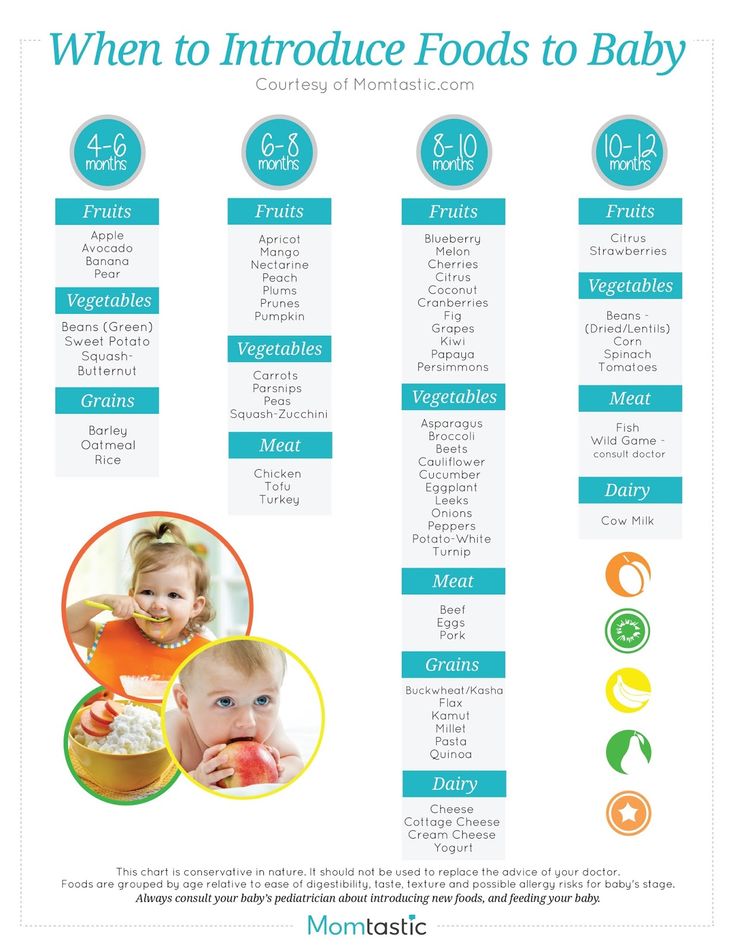 When accompanied by other symptoms, emergency care may be required. Seek immediate medical attention if your baby is showing any of the following signs:
When accompanied by other symptoms, emergency care may be required. Seek immediate medical attention if your baby is showing any of the following signs:
- has a fever of over 100°F (37.8°C), an emergency in babies 3 months old and younger
- is vomiting after every feeding
- is vomiting blood
- has a cough with breathing difficulties
- is crying constantly
- has bloody stool
- is wheezing
- is becoming unresponsive to touch
Poor feeding that is caused by an infection will usually stop when the infection is resolved.
Treatment of poor feeding depends on the cause. This can involve changing the feeding schedule to consist of smaller, more frequent meals. If a milk-based intolerance is suspected, your doctor will work closely with you to find a formula and feeding plan that suits your baby.
While serious cases of poor feeding require prompt medical care, other causes can be resolved at home with the advice of a pediatrician.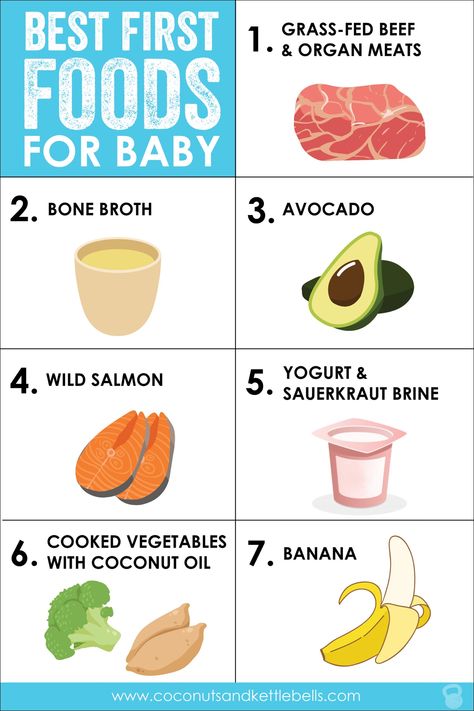
If your baby is breastfeeding or chestfeeding, try to avoid:
- certain medications that can enter breast milk
- applying lotions and other skin products to your breasts
- high levels of stress — this may also make your milk taste differently
Other considerations may concern formula feeding as well as infants who have started solid foods.
Formula feeding
While breastfeeding is the method of feeding for infants recommended by health agencies such as WHO, it is a fact that not all babies are successful with this method — and not all nursing parents may want or be able to breastfeed.
If your baby doesn’t seem to latch on despite repeated attempts, you may consider talking with your doctor about formula feeding. You may still be able to try breastfeeding or chestfeeding, even when supplementing with formula, if you’d like.
The key is that your baby gets adequate nutrition. A lactation consultant may be helpful, if available to you.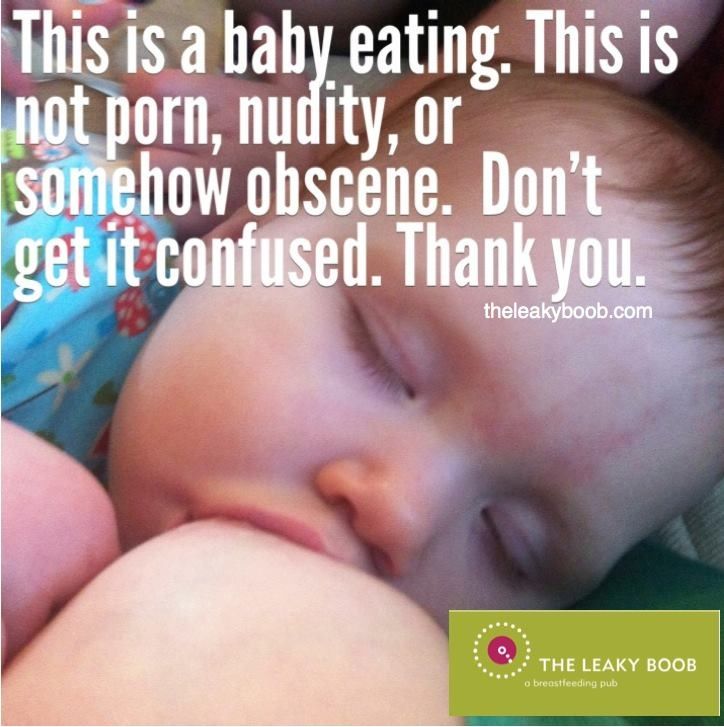
“Picky eating”
After baby reaches 6 months of age, your pediatrician may encourage you to introduce solids to their diet. While solids shouldn’t replace breast milk at this phase of your child’s life, most infants require additional nutrients around the 6-month mark.
Examples include:
- rice cereal
- pureed fruits and vegetables
- pureed or soft meats
Introducing solid foods can be exciting for both caregiver and child. However, some infants don’t take to solids as readily as other babies.
This can be alarming, but the issue may be solved by:
- mixing cereal with solid foods
- offering solids in small increments
- only giving solids two to three times per day
- starting with one food at a time, then introducing others as your baby gets used to solids
When an infant doesn’t like solids, it’s easy to jump to the conclusion that they are a “picky eater.” However, this phase doesn’t usually start until your baby becomes a toddler.
Stress management
When your baby is eating poorly, it’s easy to get stressed out. This is especially true for new parents who may not yet know the distinctions between serious conditions and minor feeding concerns.
Remember that stress can worsen feeding concerns. It may interfere with attempts at feeding if your infant senses something is wrong.
Managing your stress won’t treat all causes of poor feeding, but it can help in many cases.
It’s difficult to find time for yourself during this busy stage of your life — even a few minutes a day can help. When you feel stress coming on during feedings, take a moment for some deep breathing.
Poor feeding in infants can lead to serious issues, such as malnutrition and stunted growth. It is essential that babies consume and digest the necessary nutrients to thrive and develop.
Any infant who is feeding poorly should be taken to a pediatrician for evaluation. After a proper diagnosis, treatment may be necessary.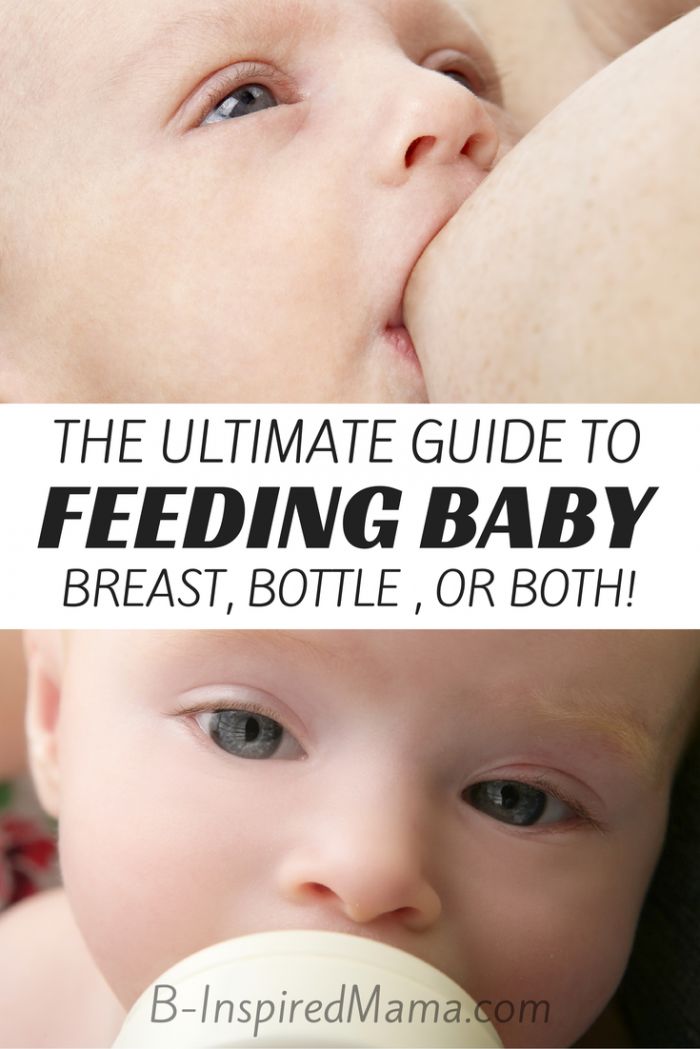
In other cases, poor feeding can be resolved through refined techniques and perseverance at home. If you suspect feeding difficulties may be causing other concerns, call a doctor right away.
Nine reasons why a child does not want to eat
Komsomolskaya Pravda
House. FamilyMom and babyMom and baby: HealthHealth: parental advice
Anna GERASIMENKO
October 18, 2013 19:10
Small-minded or capricious? Are you afraid or just don't like it? Protests or never been hungry? We are sorting out with a psychologist why children may not have an appetite
- I will not eat your porridge until you buy me a hundred thousand Barbie dolls!0004
“A spoon for mom, a spoon for dad… Eat porridge, otherwise you won’t grow up… If you don’t eat, we won’t let you watch a cartoon…” With persuasion, threats, cunning, with songs and dances, parents try to feed their kids. Studies show that 20 to 60 percent of preschool and school-age children have nutritional problems. More than half of 4-5-year-olds are considered small-toddlers, and among nine-year-olds, 48 percent of children do not eat well.
More than half of 4-5-year-olds are considered small-toddlers, and among nine-year-olds, 48 percent of children do not eat well.
Feeding problems in childhood can lead to growth failure, eating disorders, and learning difficulties in the future. Why don't they eat? Someone doesn’t need much, someone is bored or anxious at the table, someone plays on mom’s nerves like that, and someone can’t do without the help of a neurologist. Together with psychologist Natalia Petrovna GRISHAEVA let's try to figure out what problems can deprive a child of appetite?
REASON 1 Classic little baby. He is thin, all in the parents. And he doesn't need a lot of food. WHAT TO DO: Watch your weight, consult your pediatrician and try to “invest” all the necessary vitamins into that small amount of food.
REASON 2 Protest. The most common reason. Even adults express their protest by hunger strike. The subtext is simple - I will die if you do not do what I want. Children have similar blackmail - pay attention to me! But the reasons for the protest may already be different: - The child attracts attention. Perhaps the situation in the family is not easy - mom and dad are arguing, or divorce, or parents are always at work and devote too little time to the child. "I'll stop eating and they'll notice me." - The child in the family is adored and pampered. He is capricious, selfish and used to being able to behave as badly as he likes, they will forgive him anyway. But children have a sense of inner justice. And in the soul, the child wants to be paid attention to his leprosy, so that everything is “like with people” - he was guilty - punished. He knows what disobedience, like refusing to eat, parents will not be able to forgive. - In the family, the heir is treated too strictly or even cruelly. Everything is forbidden to him, he is scolded for everything. How can a child punish a parent? In their own ways - do not sleep, "walk" in your pants or not eat.
Children have similar blackmail - pay attention to me! But the reasons for the protest may already be different: - The child attracts attention. Perhaps the situation in the family is not easy - mom and dad are arguing, or divorce, or parents are always at work and devote too little time to the child. "I'll stop eating and they'll notice me." - The child in the family is adored and pampered. He is capricious, selfish and used to being able to behave as badly as he likes, they will forgive him anyway. But children have a sense of inner justice. And in the soul, the child wants to be paid attention to his leprosy, so that everything is “like with people” - he was guilty - punished. He knows what disobedience, like refusing to eat, parents will not be able to forgive. - In the family, the heir is treated too strictly or even cruelly. Everything is forbidden to him, he is scolded for everything. How can a child punish a parent? In their own ways - do not sleep, "walk" in your pants or not eat. nine0004
nine0004
WHAT TO DO: Don't be scared, don't beg, don't do everything he asks, don't threaten, but figure out why the child is protesting? What's wrong?
REASON 3 The child is not comfortable at the table Maybe he is forced to eat with a knife and fork, or he is constantly scolded for eating ugly or carelessly. Maybe someone at the table is chomping, and it’s just unpleasant for the baby to watch - the appetite disappears. Maybe at the table, mom and dad usually start to sort things out. nine0004
WHAT TO DO: Take care of yourself and postpone all quarrels, do not scold the baby when he squishes, but praise him when he holds the fork beautifully. If the baby is uncomfortable eating with someone who is squishing, feed him separately, it's okay. And do not scold the little one if it gets wet or dirty - it’s better to put an apron on the eater in advance, cover your knees with a napkin - let him enjoy the taste of food without worrying about the rules of etiquette yet.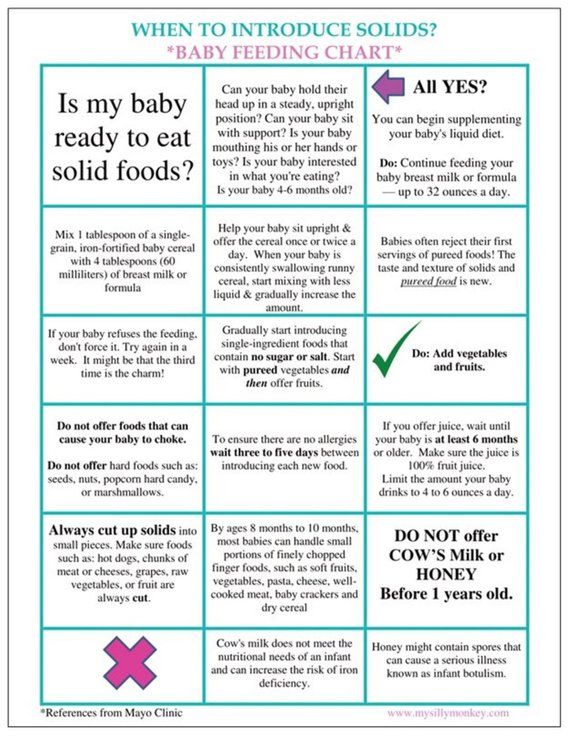
REASON 4 Used to eating with entertainment While the child is picking pasta in the plate, dramas and comedies are played out at the table by mom-dad, grandparents. Songs, dances, puppet theater, cutlets are drawn on the board and crossed out with each bitten piece. The child gets used to being entertained, and simply eating is no longer interesting for him. The same with cartoons. Of course, it is easier for parents when a child, having looked at the TV, crushes everything without looking. For children, the process of eating may seem boring - you have to sit, you have to try to wield spoons and forks, it seems to them that they are just wasting time, and it is much more fun to “spend” it with cartoons. nine0004
WHAT TO DO: Do not distract from food and do not eat in front of the TV. It is better to chat during lunch or dinner, come up with a ritual, for example, you tell each other about your best moments of the day at the table, or give each other advice. Doctors are sure that it is important not to be distracted from food so that it is properly digested, and you get all the energy you need.
Doctors are sure that it is important not to be distracted from food so that it is properly digested, and you get all the energy you need.
CAUSE 5 Fear As a rule, these are neurotic reactions caused by some events that frightened the child while eating. For example, a fish bone stuck in the throat, or the baby vomited when he ate something, etc. The child may not remember what exactly scared him, but the “sediment” remained. nine0018 WHAT TO DO: Do not force, do not shame, do not scold. Understand, look for the cause. And then, it is desirable to get rid of fear together with a psychoneurologist.
REASON 6 Not tasty Such children are called capricious, but perhaps they eat only the usual food - pasta and sausages or potatoes and chicken... Arriving at a hotel or visiting someone, the baby does not find his own food and can refuse any other. WHAT TO DO: Try to regularly introduce your baby to new products from childhood. Do not bring sausages with you to visit, look for a compromise. Patient and playful. Invite your child to look in the refrigerator and choose their own food. He doesn’t like vegetables - make soup puree, try to cut out figures from cucumbers and carrots, fruits can be turned into cocktails, come up with funny names for everything, involve even the smallest gourmet in cooking. Very often, children agree to try a new unfamiliar dish at a party, when everyone else eats it with appetite. nine0004
Do not bring sausages with you to visit, look for a compromise. Patient and playful. Invite your child to look in the refrigerator and choose their own food. He doesn’t like vegetables - make soup puree, try to cut out figures from cucumbers and carrots, fruits can be turned into cocktails, come up with funny names for everything, involve even the smallest gourmet in cooking. Very often, children agree to try a new unfamiliar dish at a party, when everyone else eats it with appetite. nine0004
REASON 7 Doesn't eat to please mother. For example, it’s time for mom to go to work, but she doesn’t want to, and she says this: “I can’t send Petya to kindergarten, he DOES NOT EAT ANYTHING, I will have to sit at home with him.” And Petya shakes his mustache and does not eat, as his mother “programmed”. Or another option - the mother wants to show everyone that her child is special. WHAT TO DO: Parents to deal with their own fears and complexes.
REASON 8 The cult of food in the family Meals in your house are given too much importance. Mom cooks dinner, and this is an event. Did the child not eat? Catastrophe! Ate? Happiness! The kid quickly realizes that since food is so important, he can control his parents with the help of ate or did not eat. WHAT TO DO: Do not pay so much attention to whether the child is full or not, do not turn lunches and dinners into events. Snack on the road, sometimes skip meals, like all normal people.
Mom cooks dinner, and this is an event. Did the child not eat? Catastrophe! Ate? Happiness! The kid quickly realizes that since food is so important, he can control his parents with the help of ate or did not eat. WHAT TO DO: Do not pay so much attention to whether the child is full or not, do not turn lunches and dinners into events. Snack on the road, sometimes skip meals, like all normal people.
REASON 9 Never been hungry The child does not understand that food can bring joy, he was never hungry, did not wait for dinner, did not dream of soup, because his parents constantly push food into him before he gets hungry. WHAT TO DO : Try not to feed your baby. Accept his food refusals. Wait until he asks for food. Or create an unexpected situation - an empty refrigerator, there is nothing to cook for dinner. There is only, for example, potatoes. The child will want to eat and learn to appreciate the simplest dishes. nine0004
Age category of the site 18+
The online publication (website) is registered by Roskomnadzor, certificate El No.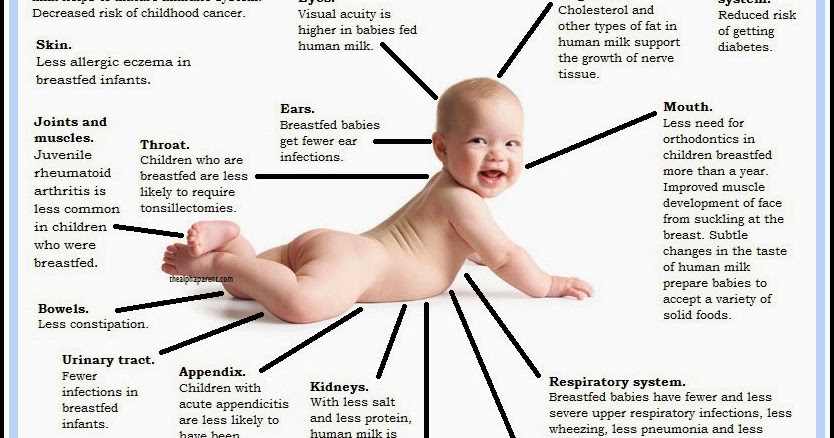 FS77-80505 dated March 15, 2021.
FS77-80505 dated March 15, 2021.
I.O. EDITOR-IN-CHIEF OF THE SITE - KANSKY VICTOR FYODOROVICH.
THE AUTHOR OF THE MODERN VERSION OF THE EDITION IS SUNGORKIN VLADIMIR NIKOLAEVICH.
Messages and comments from site readers are posted without preliminary editing. The editors reserve the right to remove them from the site or edit them if the specified messages and comments are an abuse of freedom mass media or violation of other requirements of the law. nine0004
JSC "Publishing House "Komsomolskaya Pravda". TIN: 7714037217 PSRN: 1027739295781 127015, Moscow, Novodmitrovskaya d. 2B, Tel. +7 (495) 777-02-82.
Exclusive rights to materials posted on the website www.kp.ru, in accordance with the legislation of the Russian Federation for the Protection of the Results of Intellectual Activity belong to JSC Publishing House Komsomolskaya Pravda, and do not be used by others in any way form without the written permission of the copyright holder.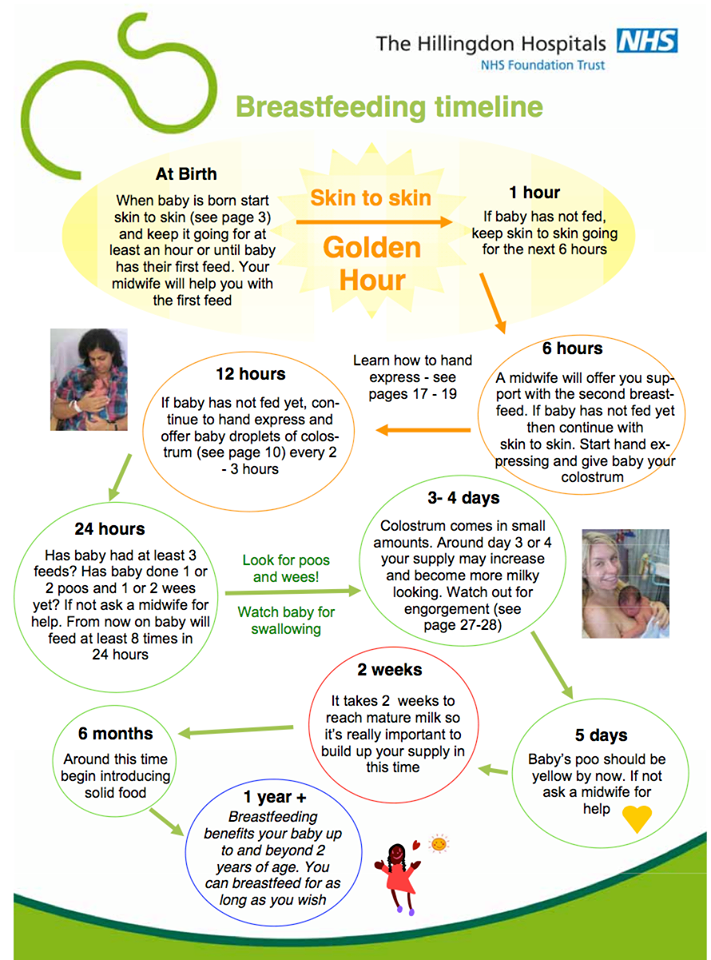 nine0004
nine0004
Acquisition of copyright and contact with the editors: [email protected]
What to do if the child does not eat well
April 14, 2019 A life Food
How to feed children with a selective appetite and instill in them a love for healthy food - we explain together with "Maloyezhka".
Why babies are so picky about what they eat
Children's appetite and eating habits are affected by the timing of the first meal, metabolic rate and lifestyle.
First food
Doctors refer to the age between four and six months as the "window of tolerance" - this is the time when children should be given their first complementary foods. The longer you do not accustom a child to a new food, the stronger his attachment to one type of food is formed. This affects appetite later on: children refuse vegetables, ask for cookies and agree to eat soup only if there is ice cream later.
Metabolic rate
The child may eat little because he has a slow metabolism.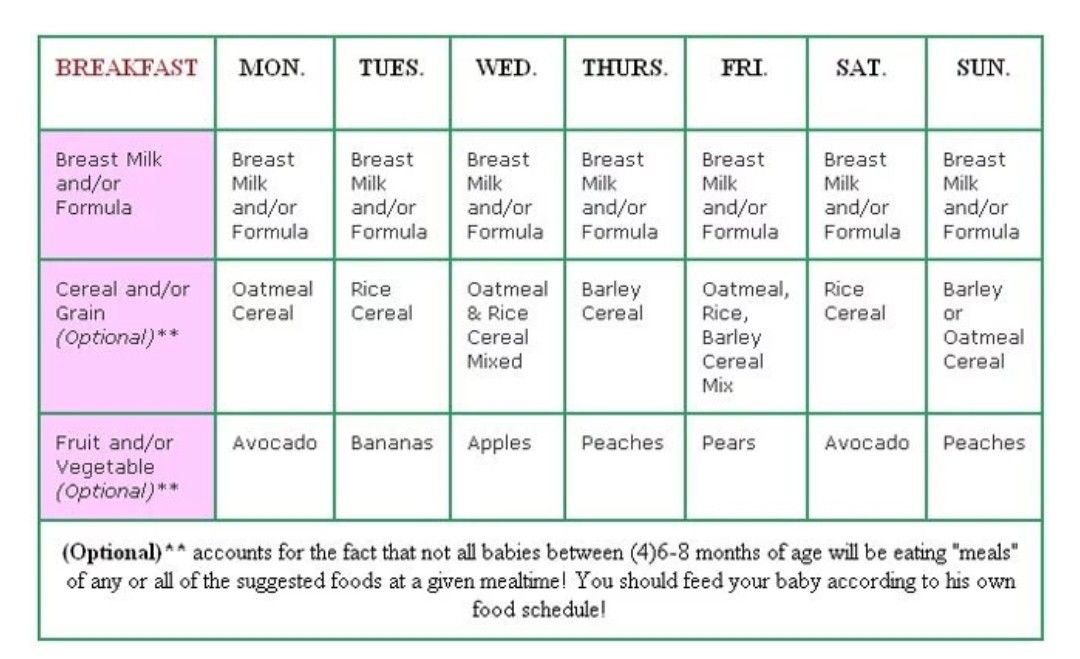 This is a normal feature of the body, not a pathology. To understand how this works, you can draw an analogy with the fuel consumption of cars: one car needs 5 liters per 100 kilometers, while the other “eats” 20 liters under the same conditions. nine0004
This is a normal feature of the body, not a pathology. To understand how this works, you can draw an analogy with the fuel consumption of cars: one car needs 5 liters per 100 kilometers, while the other “eats” 20 liters under the same conditions. nine0004
Lifestyle
Selective appetite or refusal to eat is largely a matter of upbringing and lifestyle. If the child does not want to eat, then he did not spend enough energy and did not have time to get hungry. To awaken the appetite, you need to increase energy consumption: walk in the fresh air, ride the slides or offer classes in the sports section. The more energy children expend, the better their appetite.
How to understand if a child is eating enough
Traditionally, parents, grandmothers and neighbors from the stairwell determine the health of the baby by his fatness and appetite. "The child must eat," and the more the better. If it doesn't, then something is wrong with it. Do not rush to panic. nine0004
It is believed that only 18% of children aged 3-6 years old are small-toddlers.
Malnutrition is not defined by portion size and appetite, but by a lack of nutrients in the diet.
Here are the criteria to determine this:
- The child does not gain weight for a long time, growth and lags behind in physical development. Calculate your baby's weight, height and daily nutrient requirements using the calculator.
- A child older than 1.5-2 years does not eat certain food groups. For example, refuses vegetables, meat or cereals. nine0137
- The child bites and eats mainly junk food: sweets, fast food and processed meat (sausages, sausages).
- A child older than one and a half years old eats only liquid, homogeneous food (for example, milk, formula or puree).
- The child refuses any food and goes on a hunger strike.
Keep a food diary and record everything your baby eats in it. After a week of observations, analyze the records, or rather show them to a pediatrician or gastroenterologist.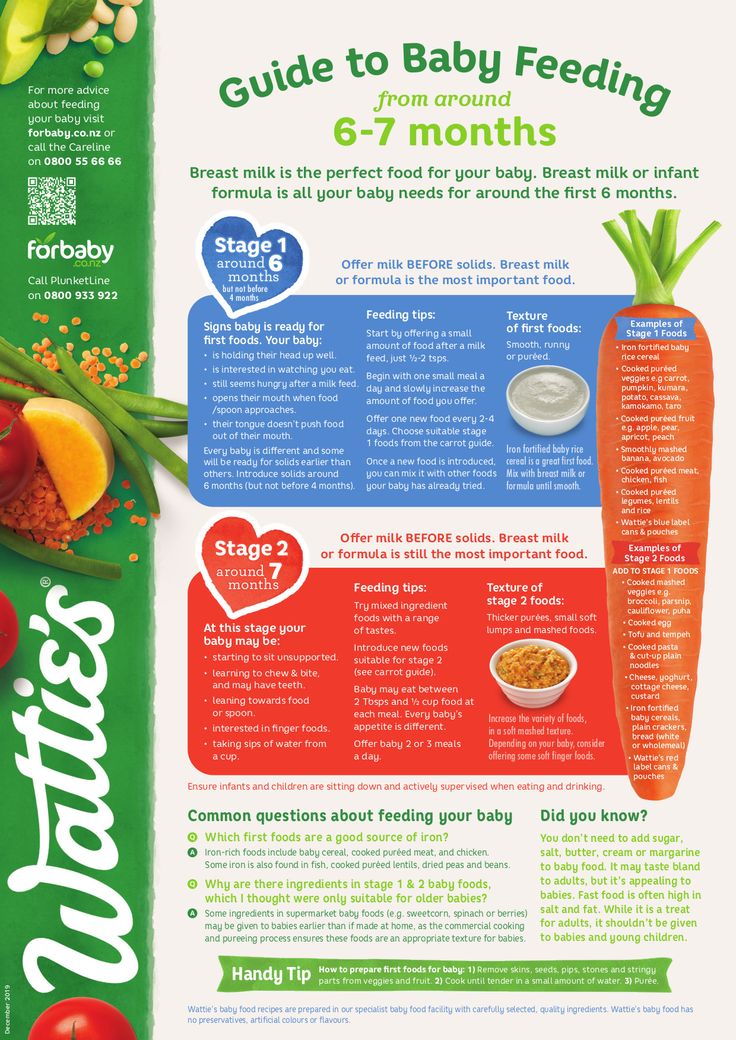 Remember that the main indicator is a balanced diet, and not just the amount of food eaten. You won't be happy if your child eats a whole pack of cookies - what's the use of "empty" calories? nine0004
Remember that the main indicator is a balanced diet, and not just the amount of food eaten. You won't be happy if your child eats a whole pack of cookies - what's the use of "empty" calories? nine0004
What should be in a child's healthy diet?
Nutrition should be balanced, consisting of proteins, fats and carbohydrates.
- In the recommended diet for children aged 2-3 years, proteins make up about 20% of all food, fats - 30-35%, carbohydrates - 45-65%.
- For children 4-18 years of age, the recommended diet is 10-30% protein, 25-35% fat, and 45-65% carbohydrate.
Healthy nutrition is especially important for children as they grow and develop. They need protein for muscles, calcium and phosphorus to strengthen bones, iron to deliver oxygen to organs and tissues, including the brain. To gain the right amount of proteins, fats and carbohydrates, a balanced diet should include six food groups:
- Meat, fish and eggs.
- Vegetables.
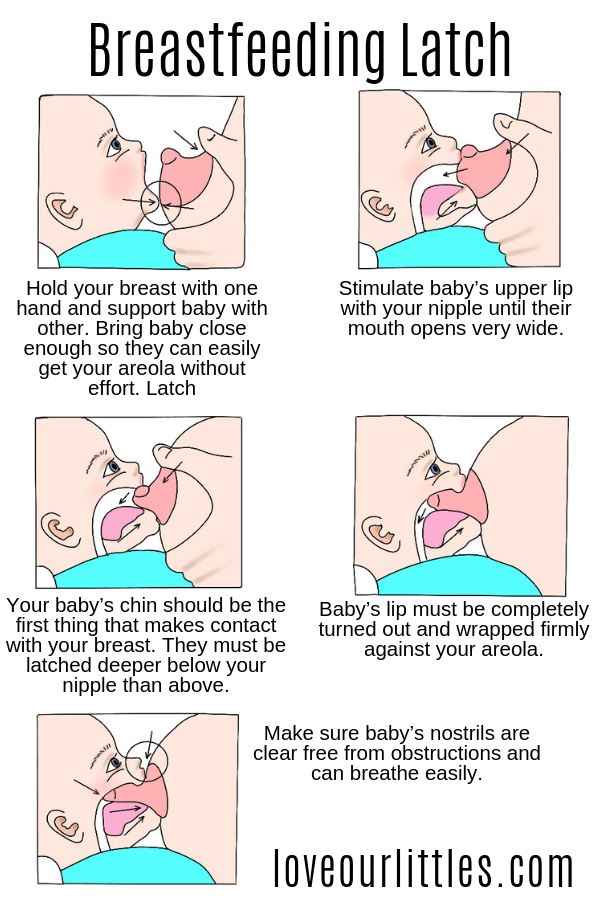
- Fruit.
- Dairy products.
- Complex carbohydrates (whole grain bread, cereals, durum wheat pasta).
- Legumes.
At least 2-3 products from each group should be among the products for the child.
Nutrient deficiencies can be filled with PediaSure Maloezhka for children aged 1 to 10 years. It contains proteins, fats, carbohydrates, 29 vitamins and minerals, omega-3 fatty acids and probiotics and is proven to be effective. After a month of regular use, the baby's appetite and activity improve, after two months he begins to gain weight (if he was underweight), and after three months his diet expands - the child eats more varied. nine0004
The dangers of selective eating and malnutrition
Refusing healthy foods leads to nutritional deficiencies and developmental delays.
Lack of protein can cause stunting, memory impairment, reduced physical activity and weakened immunity. Children with poor nutrition may lag behind their peers in mental development.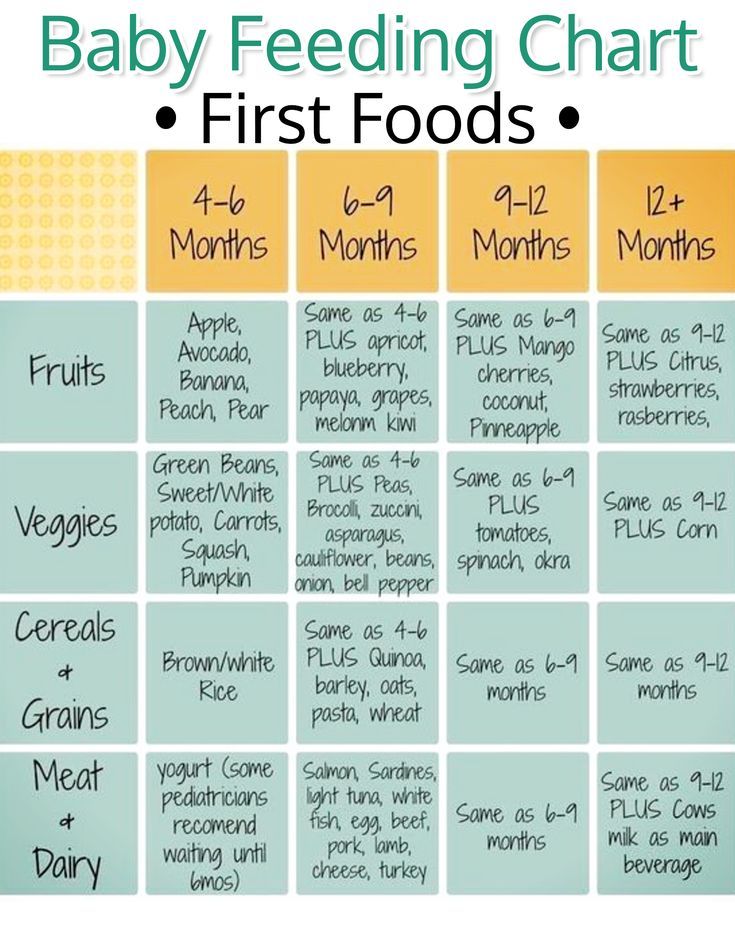 Consumption of sweets and fast food increases the likelihood of cardiovascular disease, overweight and obesity at school age. nine0004
Consumption of sweets and fast food increases the likelihood of cardiovascular disease, overweight and obesity at school age. nine0004
How to feed a child if he refuses to eat
Stimulate appetite
The best medicine to increase appetite is hunger. To make the child want to eat, increase physical activity: walk more and send the child to the sports section.
Get creative with the decoration of dishes
For a child to want to eat a dish, it must look beautiful. Build a funny face out of boiled vegetables, lay out a bicycle or decorate a dish with vegetable sauce. Use cookie cutters to make shapes out of bell peppers, eggplant, and zucchini. Unusual "accordions" of vegetables can be created using curly graters and knives. nine0004
Cook together
Children are more likely to eat food prepared by themselves. Let the child help you and captivate the process: let him mix vegetables, rub carrots or watch potatoes bake - he will become interested in what happened and will want to try the dish.
Offer food many times
Young children may refuse unfamiliar foods. This is also true for adults - not everyone is able to try fried grasshoppers or veal brains. It takes time to overcome the fear of new food. Therefore, offer the same dish many times: the child may agree on the tenth or fifteenth attempt. nine0004
Respect refusal
Saying a firm “no” is an important social skill. Do not suppress it and respect the opinion of the child. Otherwise, he will not learn to stand his ground in adulthood and say no, including to himself.
How not to feed your baby
Don't force him to eat
We strive to feed the baby by all means and do it with such zeal that he develops an aversion to food. He ceases to listen to the signals of his body and understand when he is full and when he is hungry. And the harder you push, the more the child resists. It's okay if he skipped breakfast or lunch - he will be more hungry for dinner. nine0004
Remember that a child's body is not used to social norms and the need to eat five times a day.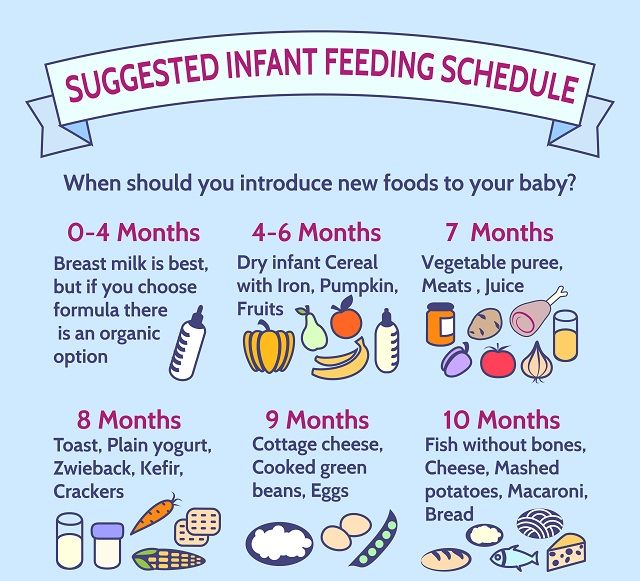 If the child has no appetite, it means that he has not yet spent all the energy that entered the body with the last meal. A little patience, and the appetite will appear.
If the child has no appetite, it means that he has not yet spent all the energy that entered the body with the last meal. A little patience, and the appetite will appear.
Don't make them eat up
Don't scold your child for not eating everything. Perhaps you gave him too much portion and he physically cannot handle it. The skill to “stop when you’re full” is important and will come in handy in adulthood. nine0004
Don't let your child snack
If you want your children to eat well at lunchtime, don't let them snack between meals. Remove sweets and cookies from the table, do not make sandwiches. If the baby works up an appetite, he will not refuse the soup.
French mothers adhere to this principle: they teach the child to eat at certain hours. "Children don't know how to snack, so they're always hungry by a certain time," writes Pamela Druckerman, author of French Kids Don't Spit Food. nine0004
Do not entertain the child while eating
Cartoons, books and dancing with a tambourine distract the child from eating. No need to stuff a spoonful of porridge at any cost. It is necessary to teach him to treat food consciously, to feel its taste and feel full. Instead of cartoons, talk about food: what does it look like? What does it look like? What does she taste like? Do you want another piece?
No need to stuff a spoonful of porridge at any cost. It is necessary to teach him to treat food consciously, to feel its taste and feel full. Instead of cartoons, talk about food: what does it look like? What does it look like? What does she taste like? Do you want another piece?
Talk to your child about food not only from the position of "tasty - not tasty". Food can be crispy, sour, sweet, spicy, spicy, soft. An inquisitive attitude to food will help to cope with children's fear of new dishes. nine0004
Do not focus on nutrition in the family
Do not show your child how important nutrition is to you, no matter how difficult it may be. Do not praise the baby if he ate something healthy or ate in principle. If the child notices this, he may begin to manipulate you: beg for toys, ask for a trampoline and ride that pony in the park for a spoonful of oatmeal.
Food is just food, it gives strength and energy. Don't use it as a reward or punishment. If the child is crying, it is better to hug him than to soothe him with chocolate.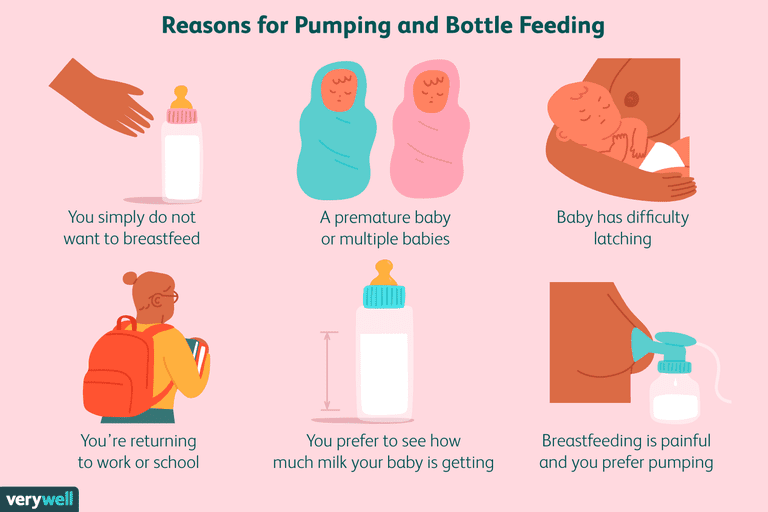 nine0004
nine0004
How to instill in children a love for healthy food
Start with yourself
Your child imitates everything you do, including adopting your eating habits. Why does he have to eat oatmeal and steamed broccoli when you're so hungry for cakes and fried potatoes?
Double standards do not work in the family: either you all eat right (at least in front of the children), or you allow the children to eat not the most healthy food.
Don't be manipulated
You are the parent and only you can decide what your child will eat. You can gradually accustom him to healthy food or indulge desires by agreeing to give him a cookie or a piece of sausage.
Stand firm, but leave the child a choice: offer 2-3 healthy meals and let him decide what he will eat. Don't yell or force him to eat something he doesn't want. Remember how often hated semolina was shoved into you or forced to eat milk soup in kindergarten. And how you love sweets only because they were forbidden in childhood. nine0004
nine0004
Show that healthy food can be tasty
There is a lot of healthy food: vegetables, fruits, herbs, legumes, nuts, dried fruits, honey. Introduce the child to different products, tell an interesting story about each and let's try a piece. Let the kid understand that the right food is not only oatmeal and cabbage soup.
The same dishes can be prepared in different ways. For example, cauliflower can be boiled, baked in the oven with other vegetables, fried with egg and tomato, added to a jellied pie. To make the taste more pleasant, vegetable slices can be dipped in Greek yogurt or sour cream sauce, and fruit slices in honey. Show your imagination, the child will definitely like something. nine0004
If your baby has a weakness for juices and drinkable yoghurts, replace them with PediaSure Baby. It is free of dyes, preservatives, palm oil, gluten and GMOs, and in terms of energy value it is comparable to a serving of boiled cod and a medium apple. A bottle of drink can be taken for a walk, given to a child at school or kindergarten, or simply offered as a dessert after breakfast or lunch.

